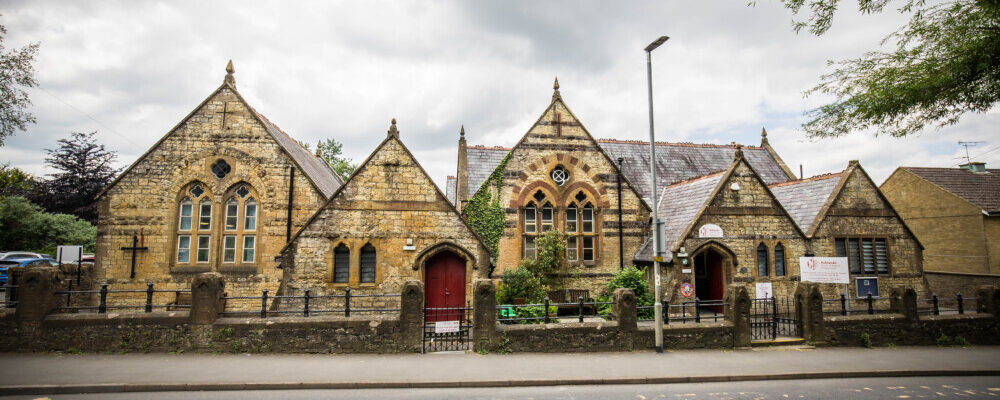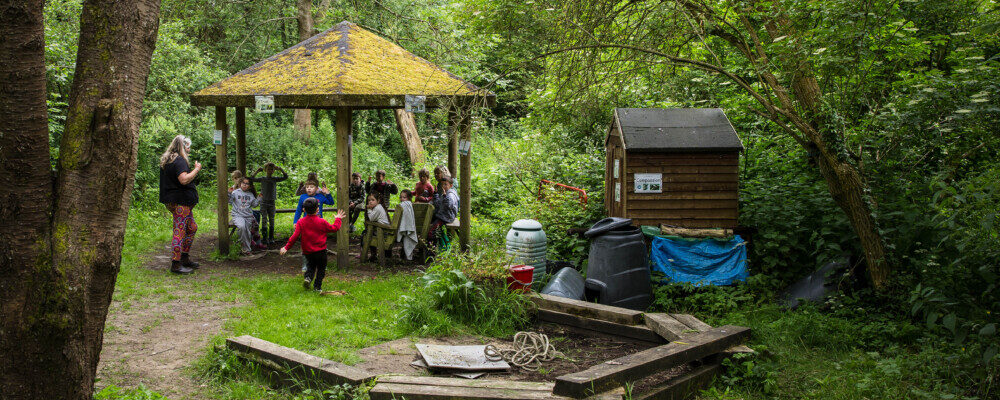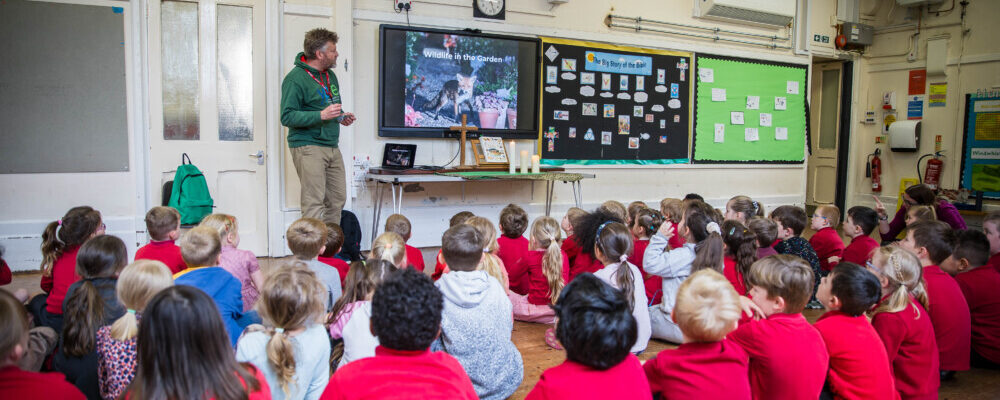Maths
INTENT:
In Maths, at Ashlands Primary School, we aspire to develop a love of learning that nurtures both intellectual and spiritual growth. We aim to help children recognise the importance of Maths in the wider world, seeing patterns, order, and beauty in the universe. Through this, they develop a sense of wonder, purpose, and interconnectedness. We encourage them to combine their key skills with their mathematical knowledge and to use them confidently in their lives, appreciating how Maths can support thoughtful decision-making, problem-solving, and a deeper understanding of the world around them.
IMPLEMENTATION:
At Ashlands Primary School, we use the White Rose Maths scheme as the overarching progression throughout KS1 and KS2. Mathematical topics are taught in blocks to enable the achievement of ‘mastery’ over time. The NCETM mastery professional development materials and RTP criteria are used to deepen teachers’ knowledge and understanding in the implementation of this work. It is at the teachers’ discretion to use a range of recommended resources to create an individually tailored curriculum within their year group, taught through carefully crafted lessons and using resources to foster deep conceptual and procedural knowledge.
We value the opportunity Maths provides to develop not only reasoning and problem-solving but also a sense of wonder and appreciation for the patterns and order in the world around us. In doing so, we support children’s intellectual and spiritual growth, encouraging reflection and curiosity.
The expectation is that the majority of pupils will move through the programmes of study at broadly the same pace. However, a teacher’s decision about when to progress is always based on the security of pupils’ understanding and their readiness to move to the next stage. Pupils who grasp concepts rapidly are challenged through rich and sophisticated problems before any acceleration through new content. Those who are not yet fluent with earlier material consolidate their understanding through additional practice before moving on. This is achieved through intervention and over-learning as appropriate, provided by the class teacher or support staff. Pre-teaching may also be used where appropriate.
Teachers are encouraged to use the school playground and forest school area as an outdoor classroom whenever possible—for example, when teaching length, area, or perimeter—allowing pupils to explore mathematical ideas in natural settings that inspire reflection and connection.
IMPACT:
At Ashlands Primary School the school vision and values underpin all teaching. The children are encouraged to show friendship, trust and forgiveness when working collaboratively, aspiration when developing their independent skills, as well as showing compassion and respect when recognising the difficulties and achievements of their peers throughout a lesson.
Regular and ongoing assessment informs next steps for teaching, as well as intervention or over-learning, to support and enable the success of each child. Throughout the teaching of a unit of work teachers will be using a unit overview of small steps (written by the teacher) to assess children’s progress. This information, alongside any formal assessments carried out by the teacher, will be used to make summative assessments at the end of a unit to complete the assessment grids in the back of each child’s book. Across the school, these factors ensure that we are aspiring to achieve end of KS1 and end of KS2 results in line with or above national averages for both Age-related Expectations and Greater Depth and that our KS2 children are ready for secondary school. All children are tracked through a robust assessment tracking system, with children targeted to maintain or accelerate their progress as appropriate.
Information from the assessment grids will be used to:
- inform parents about the progress of their child during parents’ evenings and for end of year reports
- inform discussions with the SLT/HT about the progression of individual children during pupil progress meetings
- to update SIMS for SLT/HT to analyse cohort data in attainment and progression. This data is then subsequently used to inform priorities on the current and next school year school development
The 2014 National Curriculum for Maths aims to ensure that all children:
- Become fluent in the fundamentals of Mathematics
- Are able to reason mathematically
- Can solve problems by applying their Mathematics Mathematics is an interconnected subject in which pupils need to be able to move fluently between representations of mathematical ideas. The programmes of study are, by necessity, organised into apparently distinct domains, but pupils should make rich connections across mathematical ideas to develop fluency, mathematical reasoning and competence in solving increasingly sophisticated problems. They should also apply their mathematical knowledge to science and other subjects.
Across the week in maths, the SLT would expect to see:
- Teachers and support staff using precise questioning: to test conceptual and procedural knowledge
- Teachers and support staff using careful questions to draw out children’s discussions and their reasoning.
- Teachers and support staff regularly assessing children to identify those needing intervention or over-learning
- Every child given the opportunity to reason & problem solve and have access to greater depth questions
- A CPA (concrete pictorial abstract) approach used with everyone and children encouraged to find multiple ways of answering a question (variation)
- Mathematical vocabulary to be used confidently by all staff and children
- Teachers and support staff modelling the use of part whole and bar models to represent problems and children encouraged to use independently
- Teachers and support staff modelling and discussing new skills with the children and the children being given the opportunity to develop these skills independently
- Daily sessions using Mastering Number for KS1
- Daily sessions (twice where possible) using times tables challenge for LKS2
- Daily sessions using arithmetic skills for UKS2
- Work recorded in books – photocopies of whiteboards, annotated photographs, variety of questions
- Teachers and support staff using the agreed school marking policy to give children regular oral feedback throughout a lesson and to mark and assess the children’s work
- Children self-assessing their work based on specific lesson objective as agreed in school marking policy
Foundation Stage
Intent:
Mathematics is one of the seven areas of the Early Years curriculum. At Ashlands Primary School, all children are encouraged to develop their confidence with number, along with a positive attitude and a willingness to have a go at maths. We nurture a sense of wonder and curiosity as children begin to explore patterns, shapes, and numbers—helping them to see beauty, order, and purpose in the world around them. Through these experiences, we support children’s spiritual development and their journey towards living life in all its fullness.
Implementation:
Maths is taught through the Mastering Number (NCETM Maths Hub) programme, alongside White Rose Maths for numerical patterns and real-life mathematical situations. Practical activities, exploration, and the use of concrete resources are part of every lesson, allowing children to develop understanding through hands-on learning and meaningful experiences.
Impact:
Within the Mastering Number programme all children should make good progress towards the ELG for Number. Across the Early Years continuous provision curriculum all children should make good progress towards the ELG for Numerical Patterns.







